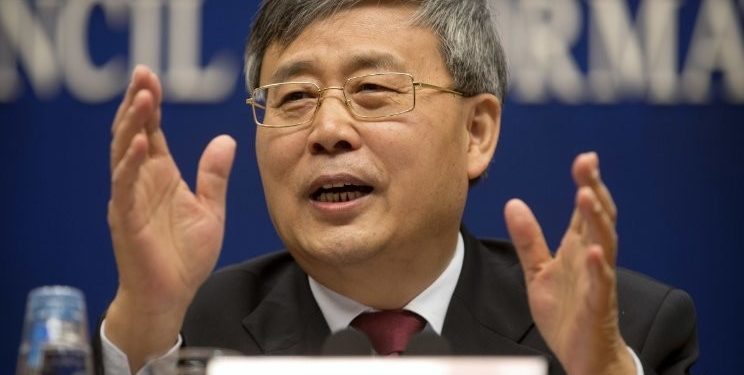A narrative that is not being discussed on the recent crackdown of several companies, including Anbang, Fosun, Wanda, HNA and Li Yonghong’s Rossoneri in China, is the regulator that drove the entire episode. In addition, how will that shape the country’s financial regulation system?
A company like Anbang could have been brought down by the insurance regulator, as it is an insurance company; or the securities regulator, because of its capital raising and mergers and acquisition (M&A) activities. However, both regulators failed to act on the activities that the behemoth company was pursuing at the whims of its founder. China Banking Regulatory Commission (CBRC) then eventually stepped in to act against these players and it did so from the angle of a bank lending to these entities, as opposed to the deals themselves or its core business that gave it the retained earnings by keeping the insurance industry closed to new players for a long time.
The former chairman of the China Insurance Regulatory Commission (CIRC), Xiang Junbo, a very nice man I met when he was chairman of the Agricultural Bank of China (ABC) just before its international listing, as well as several officials of the China Securities Regulatory Commission (CSRC), were arrested in the last two years.
It has become a common knowledge that CBRC is the better managed institution of the three business line regulators. China has discovered that personalities like Zhou Xiaochuan and former CBRC chairman Liu Mingkang have shaped the professional character and standing of the agency. During several inter-agency joint meetings, CBRC officials were routinely surprised to discover how their peers from the CIRC and CSRC were poorly organised. It was also obvious within CBRC that Liu’s successor, Shang Fulin, did not achieve as much achievement, since he was a more cautious man.
Also, in Zhou and Liu, China had two technocrats who could match their Western peers and help the country be respected in international dialogues. How they managed to balance that feat with the internal workings of the politburo and the state council, who are made up of peers with more powerful domestic orientations, is something to be respected. CIRC and the CSRC never had similar leaders who stayed long enough during the institutions’ initial years to shape internal discipline.
Current whispers suggest that these three agencies will be merged into one to improve coordination. However, I see it more as an attempt at managing the complexities that have been created. From my own observations, while there is a case to merge CBRC, CISR and CSRC, it is very likely that the People’s Bank of China (PBOC) will remain as a standalone institution since the macro-economic regulation in the country is already complex, which is largely different from regulating the businesses.
The recent action of CBRC’s current chairman, Guo Shuqing, on the corporates serves as a preamble for future coordination. He may become the lead regulator if the three institutions were merged or had a stronger coordination. I met him twice in his capacity as chairman of China Construction Bank (CCB) and I found him more interested in global economics rather than the business of banking. Nevertheless, he did set the stage for CCB’s strong business performance in recent years. He equals Zhou and Liu in terms of technocratic skills and it is surprising that China has to make the most of too few leaders of such standing in its financial services industry.
Another case for integrated regulation is because of disruptor players such as Alibaba and Tencent, which have entered the asset management, payments, lending, and banking businesses.
Overall, there is a case for remodelling the CBRC, CISR and CSRC along the lines of UK’s Financial Conduct Authority (FCA). China will also need a consumer protection agency, which could also serve as the coordinating agency between the three regulators without actually dismantling them. If the integration will not proceed, how to improve the supervision quality of CIRC and CSRC will be an important question.
Meanwhile, Jiang Chaoliang is being floated as a potential successor to Zhou Xiaochuan as governor of PBOC. In my opinion, officials, who rise through the party ranks like Jiang, have been cast in supporting roles to the technocrats, which I have seen in banks as well as in regulatory agencies. Zhou also set the standard that international experience is important, which Jiang lacks.
But then again, Fulin, also rose from the party ranks, whose tenure was a surprise to me. However, when he was the head of CBRC from 2011 and 2017, Fulin rarely met with foreigners and the agency became more insular. And I fear this will be repeated if Jiang is appointed as head of PBOC. I can foresee how not having an internationally astute regulator will create an uneasy relationship with countries like the US. It may also invite misunderstandings and miscommunication on China’s intentions and responses to global trends.
China’s entire financial regulatory regime is teetering between becoming confidently international or protectively insular, and it depends entirely on the personalities who will lead the regulatory institutions.








